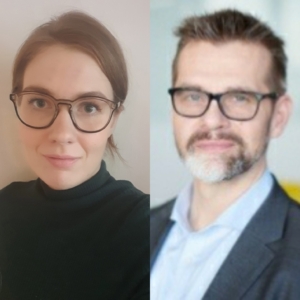2020-11-23
Grexel shapes the future of GOs via FaStGO #1
Facilitating Standards for Guarantees of Origins, or more familiarly FaStGO, is a project financed by the European Commission. Its’ aim is providing DG ENER with expert advice on the technical requirements of standardization process for Guarantees of Origin.
The new CEN 16325 standard will define GOs for all energy carriers as required by the directive 2018/2001 (RED II). The goal of the project is to develop a proposal for the updated CEN 16325 standard and core infrastructure for Guarantees of Origin (GO). GO must now be made available for electricity, gas including hydrogen, and heating and cooling. The infrastructure recommendations relate to for instance IT, residual mix and fraud prevention. Needless to say, the project has been massive – and uniquely interesting.
By reaching its’ goal, FaStGO will shape the future of the Guarantees of Origin. The RED II directive article 19 refers to the official CEN standard, making its implementation compulsory throughout Europe. This also makes the standard a critical element of the market harmonization.
The project has provided both enjoyment and challenges to the contributors. The consideration of different levels of market maturity of energy carriers and countries has been one of the challenges. GO for electricity, if implemented according to the European Energy Certification System (EECS), has already been well harmonized and internationally traded for years. On the other hand, GO for heating and cooling is just taking the first baby steps towards implementation, harmonization, and, possibly, international trading.
Grexel has been proud to participate in the project alongside other key players in this field. While the main contractor of the project has been the Association of Issuing Bodies (AIB), the other contributors include CertiQ, EBA, eex, ERGaR, Hinicio and RECS International. Grexel has played a central role in developing proposals for the new IT infrastructure. We have also taken part in for example development of the standard proposal and residual mix for all energy carriers.
This post is the first part of our blog series about FaStGO. In the coming weeks we will share with you our insights on the standard proposal and the future developments that will follow. If you have any questions, please contact us in the comment box or on LinkedIn.

Laura Malinen and Marko Lehtovaaara
Marko is the CEO of Grexel who has spent the last 20 years studying, building and fixing energy certification systems in Europe and abroad.
Laura is Grexel’s project manager who spends her days building customer success in various projects. She is a curious follower of the trends and development of the field.
In the coming weeks they will write about FaStGO-project and how it will shape the future of Guarantees of Origin.








